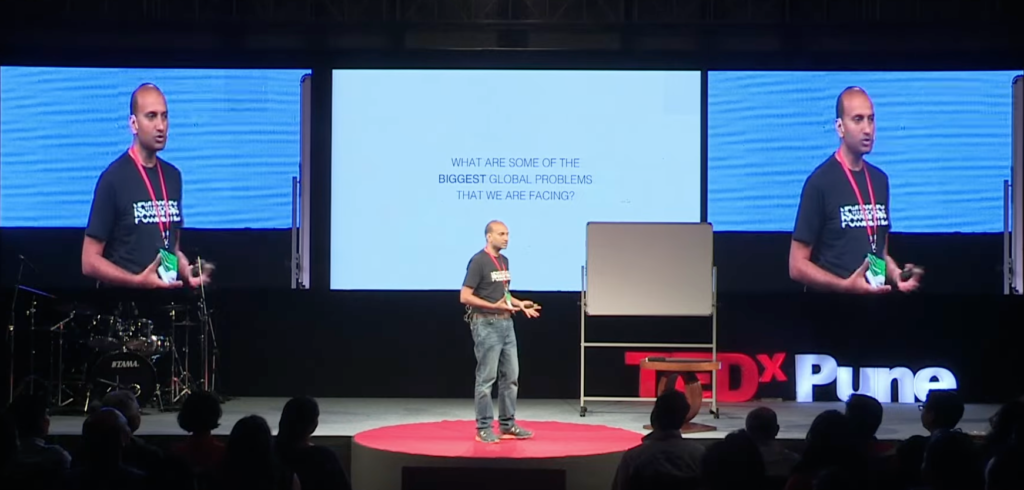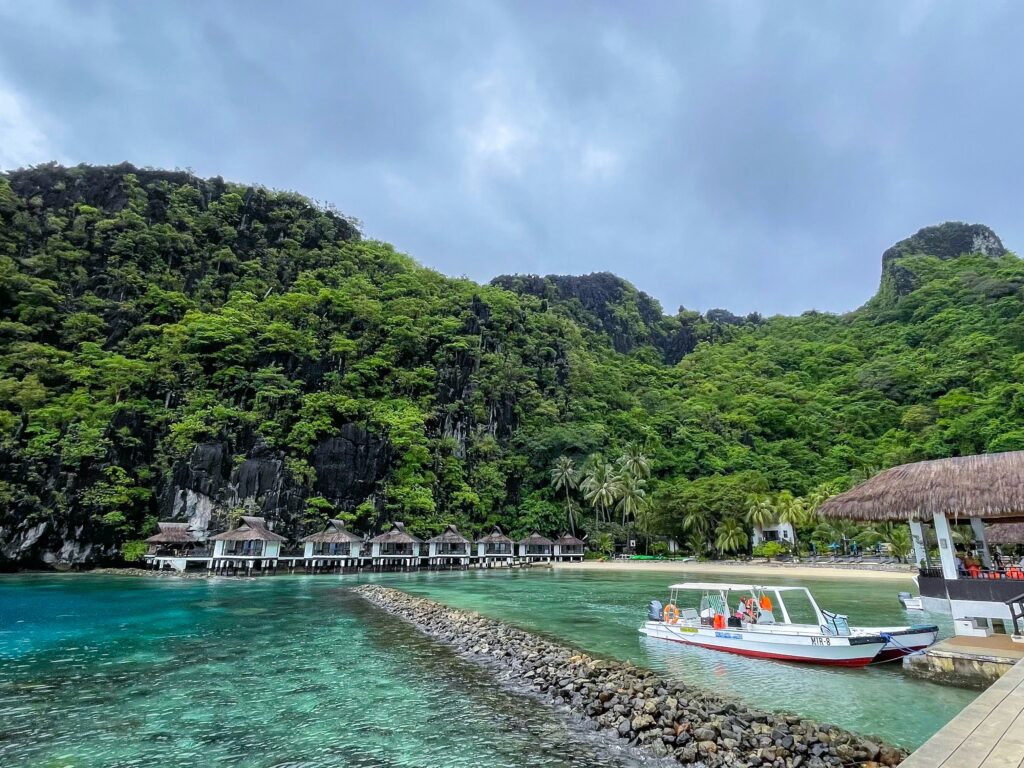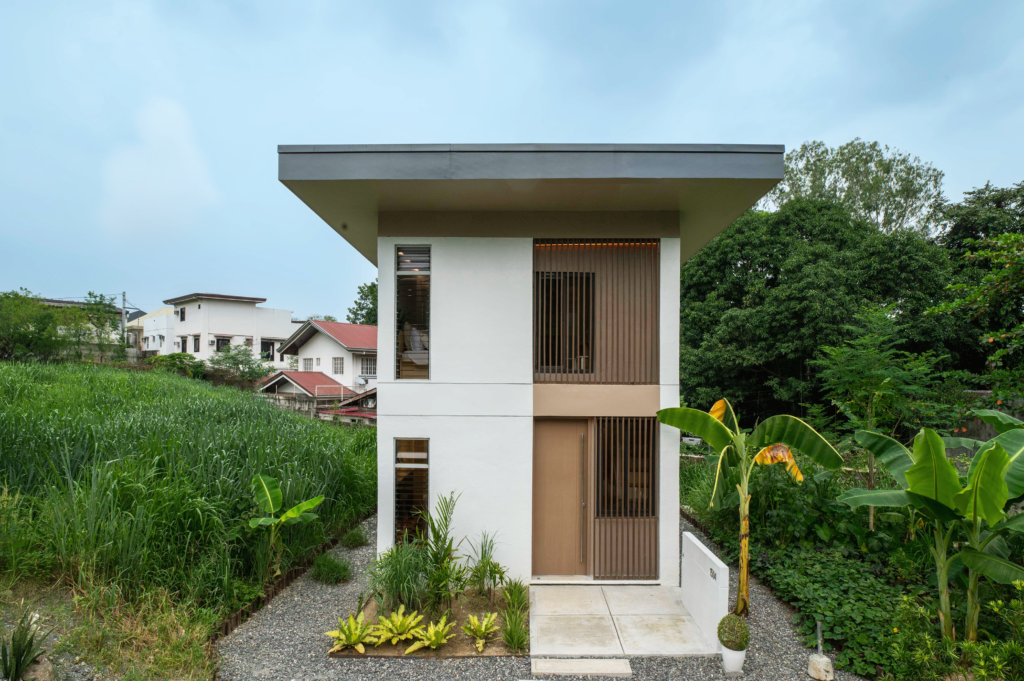
A BillionBricks’ Community Prototype: Pioneering Net-Zero Housing in the Philippines
Building sustainable communities involves creating neighborhoods and cities that are environmentally, socially, and economically sustainable. This means designing communities that are resilient to the impacts of climate change, providing equitable access to resources and opportunities, and promoting a high quality of life for all residents.
Sustainable communities aim to reduce the negative impact of human activities on the environment while enhancing the well-being of people and promoting economic growth. Sustainable development requires collaboration between individuals, communities, and government entities, with a focus on long-term planning and innovative solutions.
Creating a Sustainable Living Environment
One of the impacts of global warming is climate change. It is one of the biggest challenges we face today. It’s not just a matter of reducing carbon emissions and other greenhouse gases. We also need to create sustainable living environments that promote clean energy, and green infrastructure.
One of the most important ways to create a sustainable living environment is by adopting renewable energy sources. According to the National Renewable Energy Laboratory, the widespread adoption of renewable energy sources and energy efficiency measures can lead to a 27% reduction in carbon emissions by 2050. This can be achieved by investing in solar, wind, and other renewable energy sources, as well as by implementing energy efficiency measures such as smart lighting and building design.
In addition to promoting renewable energy, sustainable living environments also prioritize green infrastructure, which can help to mitigate the effects of climate change. This includes creating green roofs and walls, planting trees and other vegetation, and designing stormwater management systems that help to absorb and filter excess water.
Creating sustainable living environments is not only important for addressing climate change, but also for promoting community resilience, social equity, and economic development. By prioritizing sustainability in our homes, businesses, and communities, we can play an important role in building a more sustainable and resilient future for all.
Creating Affordable Net Zero Houses

A BillionBricks’ Home: Promoting sustainability, equity and accessibility
Net zero housing, which produces as much energy as it consumes, is becoming an increasingly popular solution for addressing climate change. However, many people are still unable to access affordable net zero housing. Creating affordable net zero housing is a crucial step towards promoting sustainability and equity, and ensuring that everyone has access to safe and healthy living spaces.
One of the most effective ways to create affordable net zero housing is by focusing on energy efficiency. By using efficient appliances, smart thermostats, and building insulation, homeowners can reduce their energy consumption and lower their energy bills. This can help to offset the initial cost of building a net zero home, making it more accessible to people with lower incomes.
Another important aspect of affordable net zero housing is designing homes that are suited to the local climate. This means using passive solar design principles, which maximize the amount of sunlight that enters the home and reduces the need for heating and cooling. By sustainable energy, builders can create homes that are both affordable and energy efficient.
Creating affordable net zero housing is not just about promoting sustainability, but also about promoting equity and accessibility. By working together and focusing on innovative solutions, we can create a future where everyone has access to safe, healthy, and sustainable housing.
Environmental Stewardship Towards a Sustainable Community
Environmental stewardship is the responsible use and protection of natural resources. It is a crucial component of creating a sustainable community that can withstand the impact of climate change. As individuals, we all have a role to play in environmental stewardship to ensure a healthier planet for generations to come.
One of the most important steps in environmental stewardship is reducing our carbon footprint. This can be achieved through a variety of simple lifestyle changes, such as reducing energy consumption in our homes and using public transportation or carpooling. Switching to renewable energy sources, such as solar or wind power, can also significantly reduce our carbon footprint.
Recycling and reducing waste is also an essential part of environmental stewardship. By properly disposing of waste and recycling materials, we can reduce pollution and conserve natural resources. We can also reduce waste by choosing products with minimal packaging, using reusable bags and containers, and composting food scraps.
Environmental stewardship not only helps to protect our planet but also benefits our communities. By working towards sustainability, we can create healthier and more resilient communities that are better equipped to withstand the challenges posed by climate change.
Role of BillionBricks in Building A Sustainable Community

A BillionBricks’ Net Zero Community: A Sustainable Solution to Combat Climate Change through Renewable Energy and Reduced Greenhouse Gas Emissions
BillionBricks uses a unique approach that combines innovative design, technology, and community involvement to create sustainable communities. Our housing solutions are designed to be environmentally friendly, energy-efficient, and affordable. In addition to providing sustainable housing solutions, BillionBricks also focuses on community development. Our organization plays an important role in building sustainable communities by providing affordable and environmentally friendly housing solutions to those in need.
You can email us at hello@billionbricks.org to know more about our projects.
Sources:
-
National Renewable Energy Laboratory. (2012). Renewable Electricity Futures Study. https://www.nrel.gov/docs/fy12osti/52409-1.pdf
-
United Nations. (n.d.). Sustainable Development Goals. https://www.un.org/sustainabledevelopment/sustainable-development-goals/
-
Sustainable Energy for All. (2018). UN organization. https://www.seforall.org/news/un-organizations-launch-plan-to-catalyse-action-by-2025-on-energy-commitments-including
-
US Department of Energy. (2020). Building Technologies Office. https://www.energy.gov/eere/buildings/building-technologies-office
-
James Maddison University. (n.d.). Environmental Stewardship and Sustainability. https://www.jmu.edu/stewardship/what-is-environmental-stewardship.shtml
-
United Nations. (2015). Transforming our world: The 2030 Agenda for Sustainable Development. https://www.un.org/sustainabledevelopment/sustainable-development-goals/



